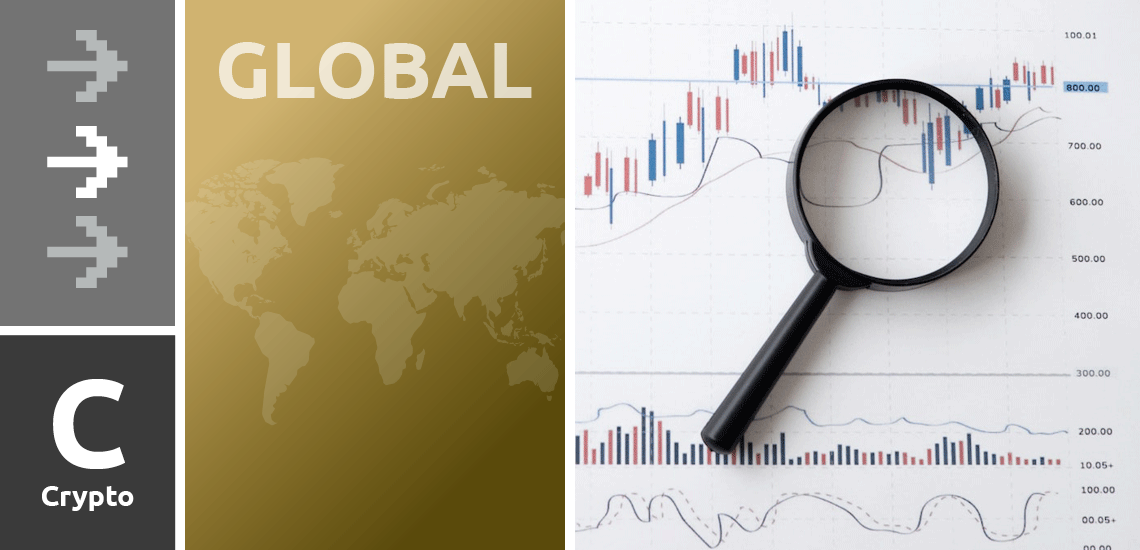
In an effort to promote decentralization and responsible blockchain growth, four major Ethereum staking providers have agreed to a self-imposed limit of less than 22% of the total staking power on the network. This self-limit rule is seen as a proactive approach to mitigate centralization within the Ethereum ecosystem and ensure the blockchain has long-term sustainability.The self-limit commitment was proposed by Superphiz.eth, a Ethereum Beacon Chain community health consultant, in 2022. He explained that the reason the rule was limited to 22% was to prevent the network’s decentralization from being compromised, as 66% of validators are required to control more than two-thirds of the blockchain’s staking power to “finalize a rogue chain”.However, some members of the Ethereum community have expressed uncertainty about the reliability of verbal commitments to the self-limit rule. One community member argued that making verbal commitments is easy, especially since the organizations committing to the self-limit rule have considerably less than the 22% staking limit.Currently, Lido Finance dominates the market with a total of 32.4% staked Ether. The platform’s stakeholders have previously rejected the self-limit on ETH staking, voting against it by 99.81%. Superphiz.eth has emphasized the importance of preventing Lido from accumulating more stakes and gaining a 33% share, as this could trigger protocol-level sanctions to protect the blockchain from a concentration of power.
This News Article was automatically generated by Bob the Bot (AI)
This News Article was automatically generated by Bob the Bot (AI)
| Information | Details |
|---|---|
| Geography | Global |
| Countries | |
| Sentiment | neutral |
| Relevance Score | 8 |
| People | Stader Labs, Lido Finance, StakeWise, Diva Staking, Superphiz.eth |
| Companies | Rocket Pool, Stader Labs, Lido Finance, StakeWise, Diva Staking |
| Currencies | Ethereum, Bitcoin |
| Securities | None |

